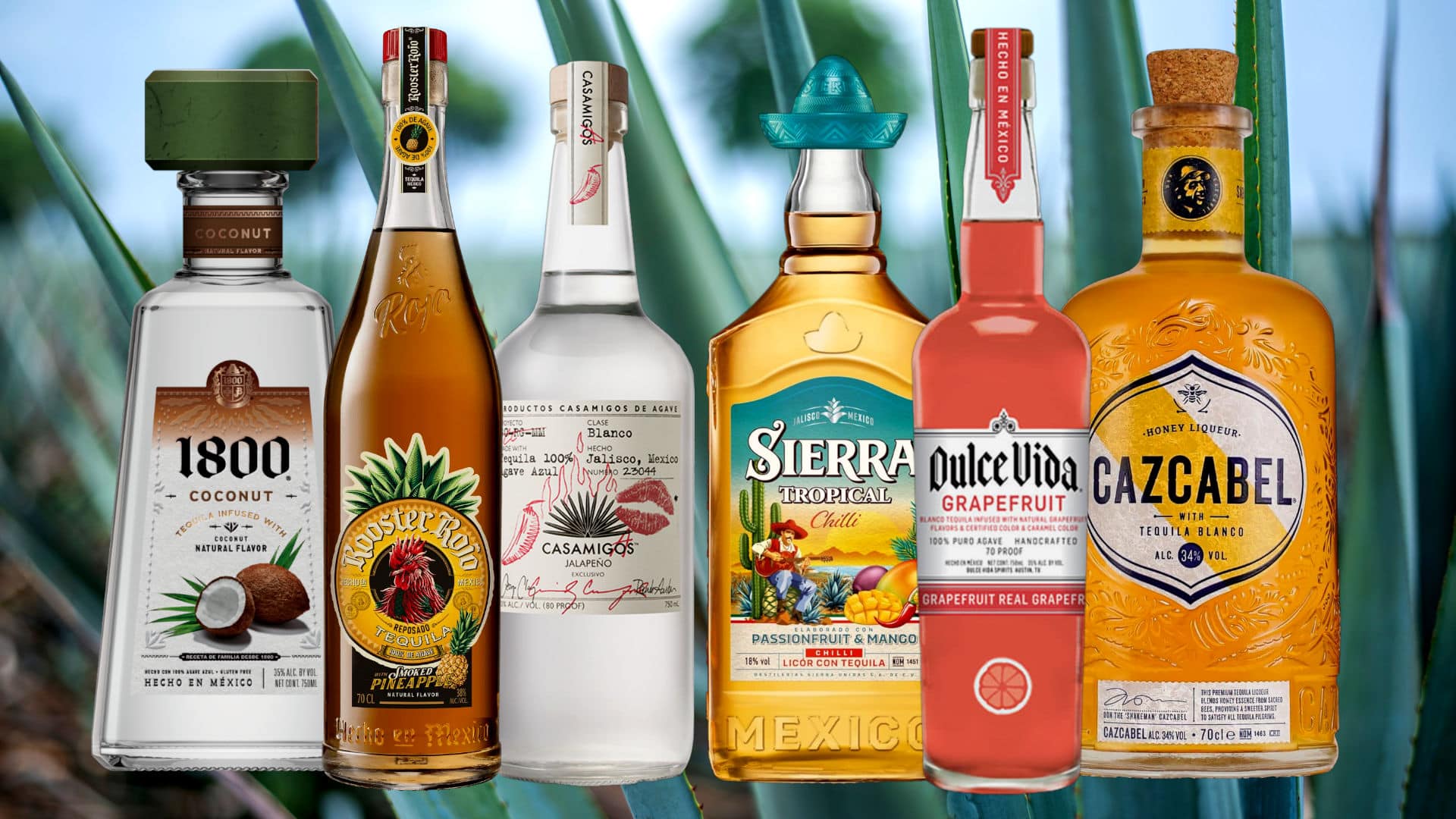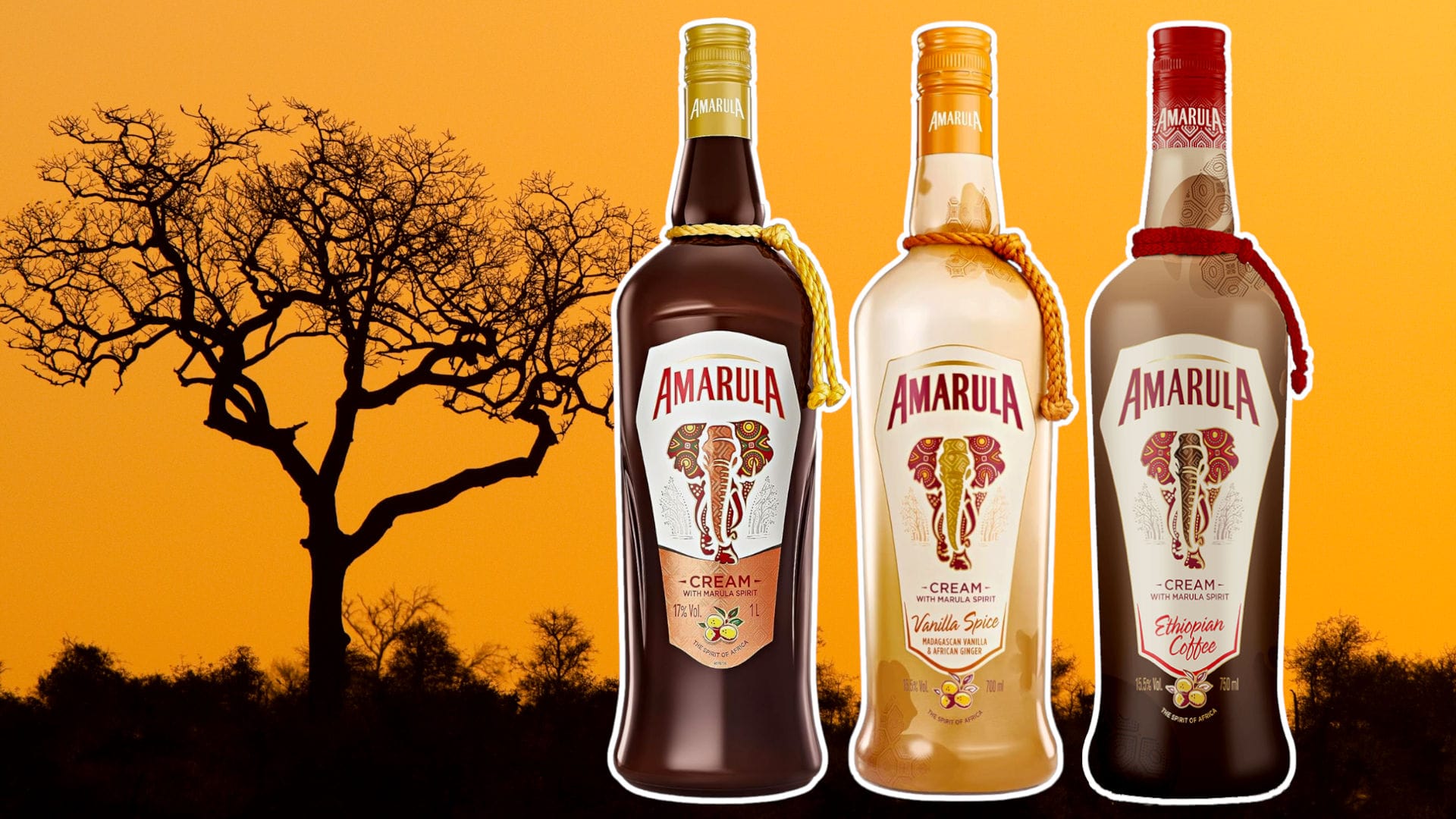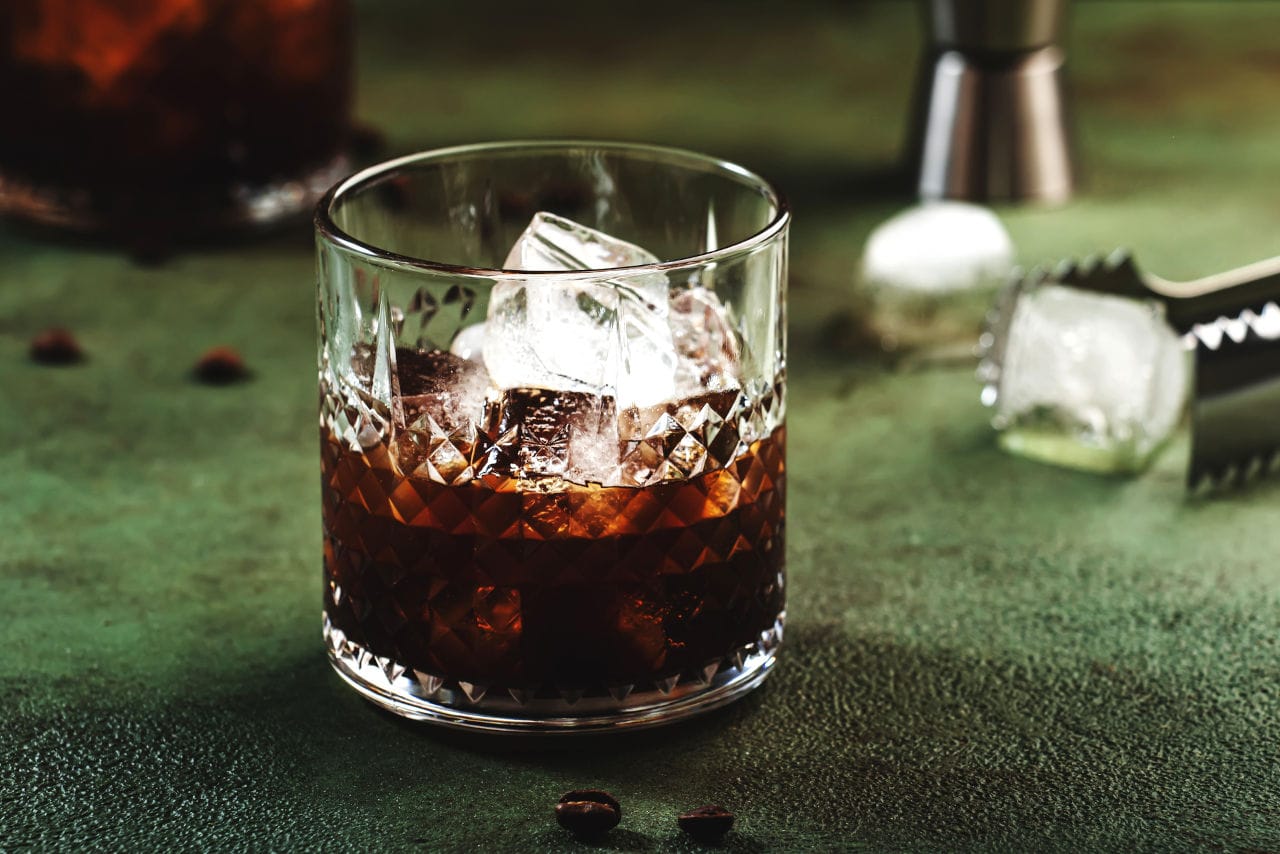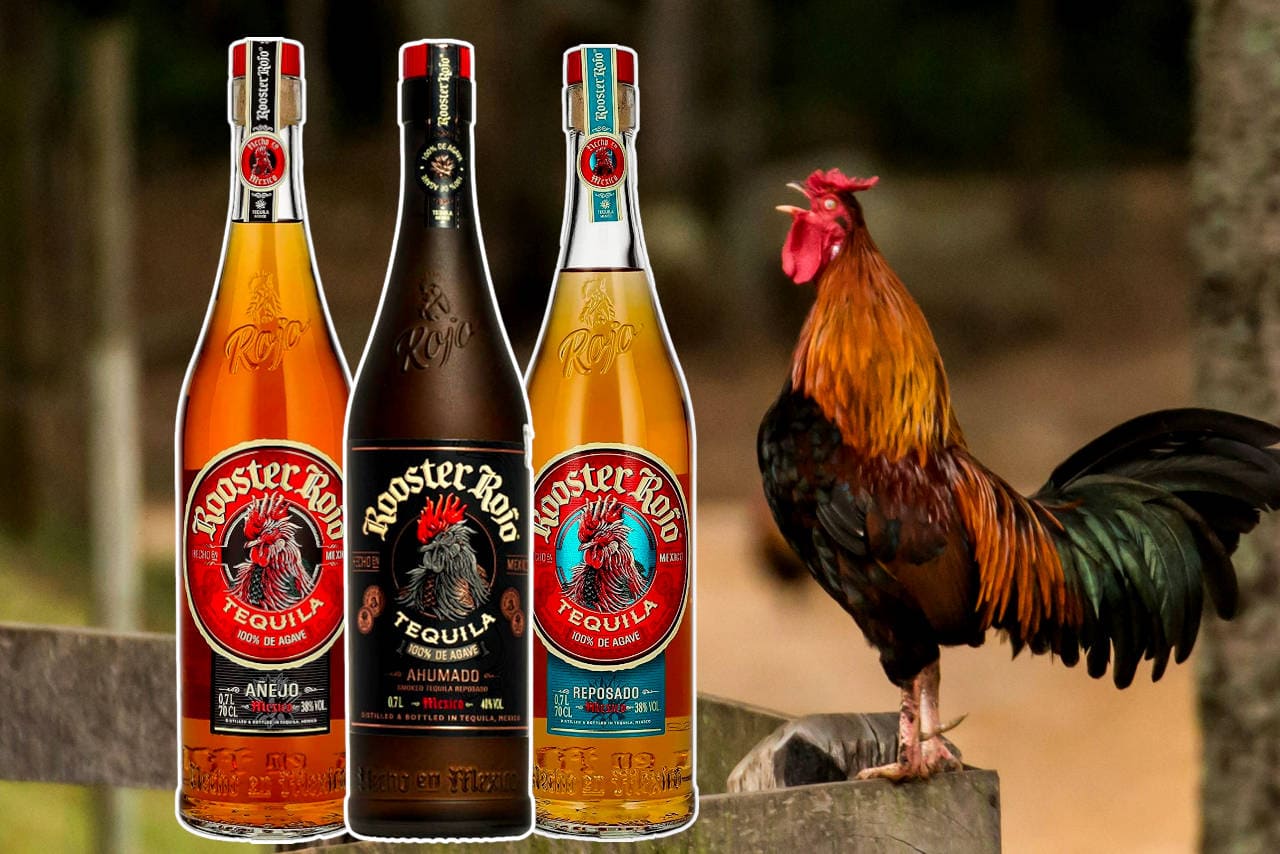Mezcal, an ancient and traditional Mexican spirit deeply rooted in Mexican culture and tradition, has been gaining popularity over the last decade.
Unlike its infamous cousin, tequila, mezcal boasts diverse flavours due to its ability to stray away from 100% blue agave to introduce other flavoursome agave varieties to your palate.
In my experience, mezcal introduces you to a broader range of taste profiles than tequila. From smoky and earthy to herbal and floral, depending on the agave used, mezcal is ideal for those seeking a more bespoke agave experience.

The Many Flavours of Mezcal
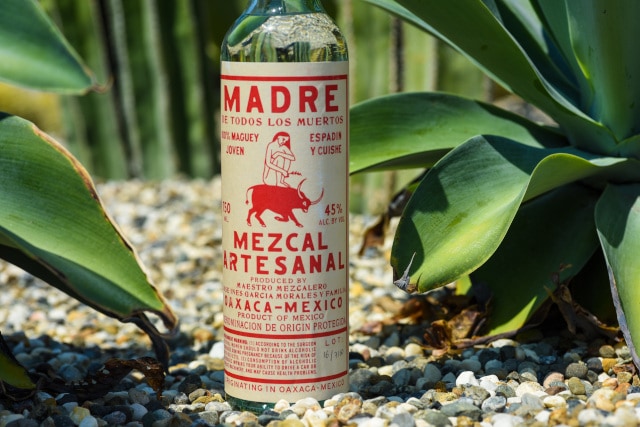
Mezcal has many flavours, from alluringly smoky or earthy & mineral to gently herbal & floral or fruity & sweet; get ready for this agile agave spirit.
Mezcal vs Tequila
As the saying goes… “all tequila is mezcal, but not all mezcal is tequila.” So, tequila is a type of mezcal, but it must be made solely from the blue agave plant and in a specific geographical part of Mexico. Mezcal, on the other hand, can be made from any agave species.
Understanding Mezcal

To fully appreciate mezcal, it’s essential to understand what it is and how it differs from tequila. Mezcal is a distilled alcoholic spirit made from the roasted and crushed heart of the agave plant known as the piña, using a process dating back centuries.
The distinct flavours of mezcal come from various factors, including the agave species used, the region where it’s produced, the production methods, and the ageing process.
Also Read: Mezcal Rituals & Ceremonies: The Spirit Of The Gods
Another significant contributor to its flavour profile is the method of production, which often involves cooking the agave in underground pits.
The Role of Agave Species
Mezcal’s unique taste varies depending on the agave species used in production. Over 30 recognised agave species can be used to make mezcal, each with its distinctive flavour profile. Plus, some mezcal brands like Madre Mezcal blend several agave types.
The most common agave varieties include Espadín, Tobalá, Arroqueño, and Tepeztate. Each species contributes a distinct flavour and aroma to the final spirit, further diversifying the overall agave experience available… the possibilities are endless!
The 4 Main Flavours Of Mezcal
1. Smoky

The most prominent and characteristic flavour associated with mezcal is its smokiness. This distinctive aroma and taste is a result of the traditional production method, which involves roasting the agave piñas in earthen pits lined with hot rocks and covered with palm fibres and soil.
This cooking process gives mezcal its smoky aroma and flavour, reminiscent of a campfire or charred wood. Some mezcal lovers actively seek out bottles with a robust, smoky profile as they showcase the spirit’s humble, traditional roots.
Also Read: 9 Super-Smoky Peated Whiskies With Attitude
2. Earthy & Mineral

Beyond the smokiness, many mezcals offer an earthy and mineral-rich taste, depending on the terroir of the agave-growing regions. The minerals and elements in the soil where the agave is cultivated subtly influence the final flavour. This regional aspect connects the spirit to the land and imparts unique characteristics that can set it apart from tequila.
3. Herbal & Floral
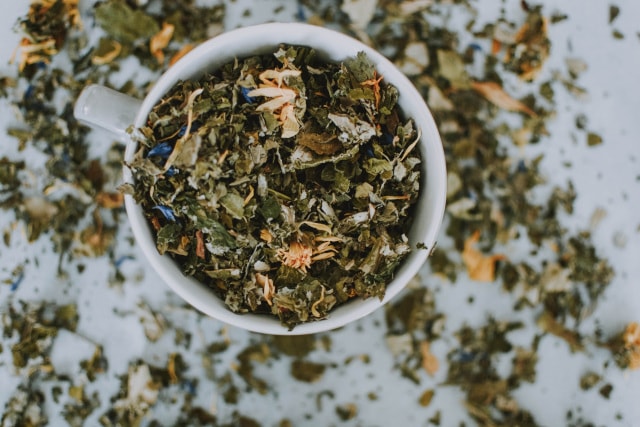
In contrast to the smoky and earthy mezcals, some varieties showcase a more delicate and herbal profile. These mezcals often emphasise the vegetal qualities of the agave plant.
The aromas and flavours of fresh-cut grass, green herbs, and floral undertones provide a more refreshing and aromatic drinking experience, making them ideal for when I want a lighter and more subtle agave experience.
4. Fruity & Sweet
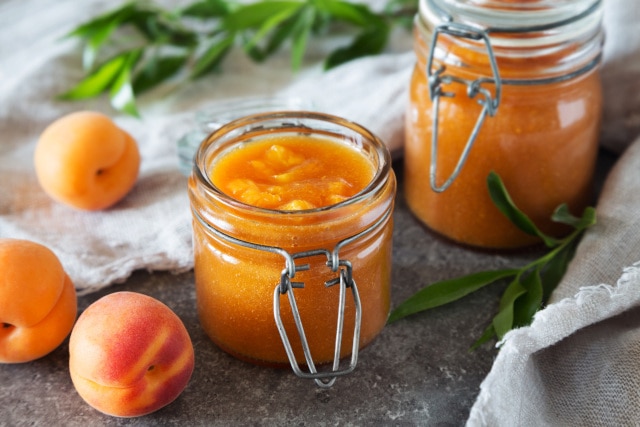
Some mezcals display fruity and sweet notes, ranging from tropical fruits such as pineapple or mango to cooked agave and caramel sweetness.
These profiles are often found in aged or rested mezcals, where the spirit is left to mature in wooden barrels, much like whiskey or rum. The ageing process adds depth and complexity, giving rise to a smoother and more sophisticated sipping mezcal.
Appreciating Mezcal

To fully appreciate the diverse and varied flavours of mezcal, I suggest you sip your mezcal neat or with a splash of water (to open it up, much like whiskey tasting).
As the drinker, this allows you to experience the more subtle intricacies of the spirit without overwhelming the palate with mixers or garnishes.
Also Read: 6 Best Mezcals For Margaritas With Attitude
Additionally, exploring mezcal brands that use a range of agave species combined with their own unique production and ageing processes can provide a deeper appreciation of this beverage’s diverse range of flavours.
The Popularity Of Mezcal

In recent years, mezcal’s popularity has led to a resurgence of bespoke production and an increased focus on sustainability and the preservation of traditional production methods.
As more people embrace mezcal and the demand for this versatile spirit continues to grow, I hope that distillers don’t lose sight of what is essential: to produce a quality mezcal.
Also Read: History of Mezcal

Andrew Recommends

El Padrino Joven Mezcal
El Padrino Joven Mezcal has smoky pine resin and sweet oak-caramel flavours while being incredibly smooth. This is a quality mezcal that’s worth getting acquainted with.
Conclusion
From its comforting smokiness to more delicate herbal and floral notes, mezcal captivates the senses and offers an agave taste experience like no other.
Also Read: 7 Sotol Brands That Kick Like A Mule
So, if you’re a tequila lover seeking a new and exciting agave adventure, mezcal delivers a firewater adventure worth embarking upon.
References
| wikipedia.org/wiki/Mezcal |
| recipes.fandom.com/wiki/Mezcal |
| foodandwine.com/differences-between-tequila-mezcal |
| madremezcal.com/pages/about |

Further Reading
Below are some additional articles from The Drinks Geek blog. We write articles on several fascinating areas of drinks, including different brands, drink types, cocktail recipes and more.


